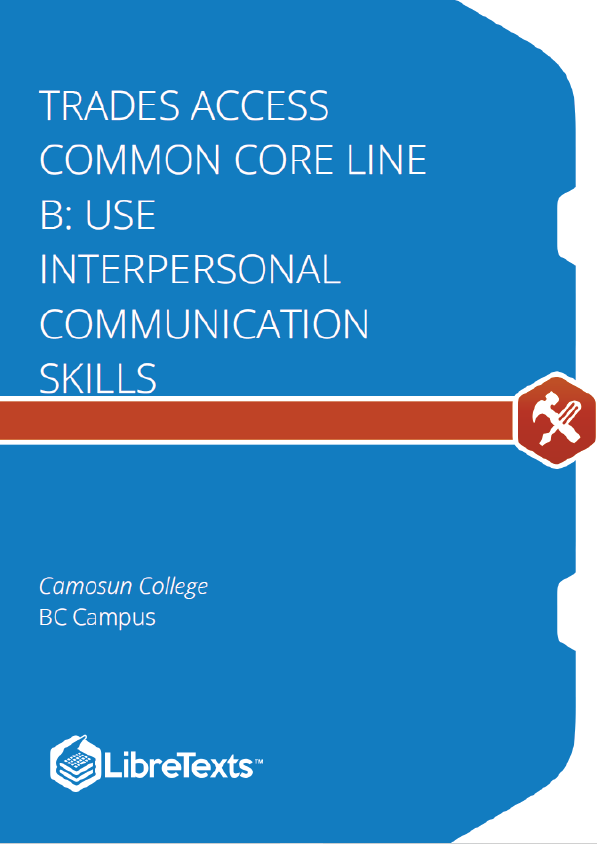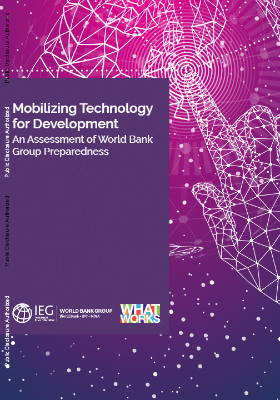No matter what your job is, you will need to communicate with other people. Your communication skills determine how successfully you receive and transmit information. Communication is arguably the most important of all life skills and plays a significant role in all aspects of work and home life. Communication is verbal, written, and non-verbal, and every gesture, voice inflection, or facial movement speaks volumes and conveys information to others. An effective communicator is also an active listener. Employers actively seek out Individuals who are good communicators.
Industry Training Authority of BC
The ITA works with employers, employees, industry, labour, training providers, and government to issue credentials, manage apprenticeships, set program standards, and increase opportunities in approximately 100 BC trades. Among its many functions are oversight of the development of training resources that align with program standards, outlines, and learning objectives, and authorizing permission to utilize these resources (text and images).
Introduction
No matter what your job is, you will need to communicate with other people. Your communication skills determine how successfully you receive and transmit information. Communication is arguably the most important of all life skills and plays a significant role in all aspects of work and home life. Communication is verbal, written, and non-verbal, and every gesture, voice inflection, or facial movement speaks volumes and conveys information to others. An effective communicator is also an active listener. Employers actively seek out Individuals who are good communicators.
Objectives
When you have completed the Learning Tasks in this Competency, you will be able to:
- describe the principles of communication
- describe effective listening techniques
- describe the procedures for giving and receiving feedback
- describe assertive communication
- describe conflict resolution techniques
- describe effective problem solving and decision making
Learning Task 1- Describe the Principles of Communication
Communication is the act of transferring information from one person or place to another. It can be verbal, non-verbal, written, or visual (e.g., photographs, diagrams, symbols). The purpose of communication is to understand and to be understood, and it involves expressing thoughts, ideas, and feelings.
Interpersonal communication is a process by which we exchange information, feelings, and meaning with others through verbal and non-verbal messages. It is face-to-face communication.
It is impossible for humans not to communicate. Even when we are not speaking, we are still communicating through our body language. We spend about 75% of our days communicating in some way: about 9% is spent writing, 16% reading, 30% talking, and 45% listening. Effective communication is one of the most important skills that people need in their personal lives and in their work lives.
Verbal communication is how we express ourselves in words, both spoken and written. Spoken language includes enunciation, pauses, stutters, emphasis, and word choice. Spoken language can occur in face-to-face encounters, by telephone, by voice mail, on television, by Web conferencing, or on radio.











